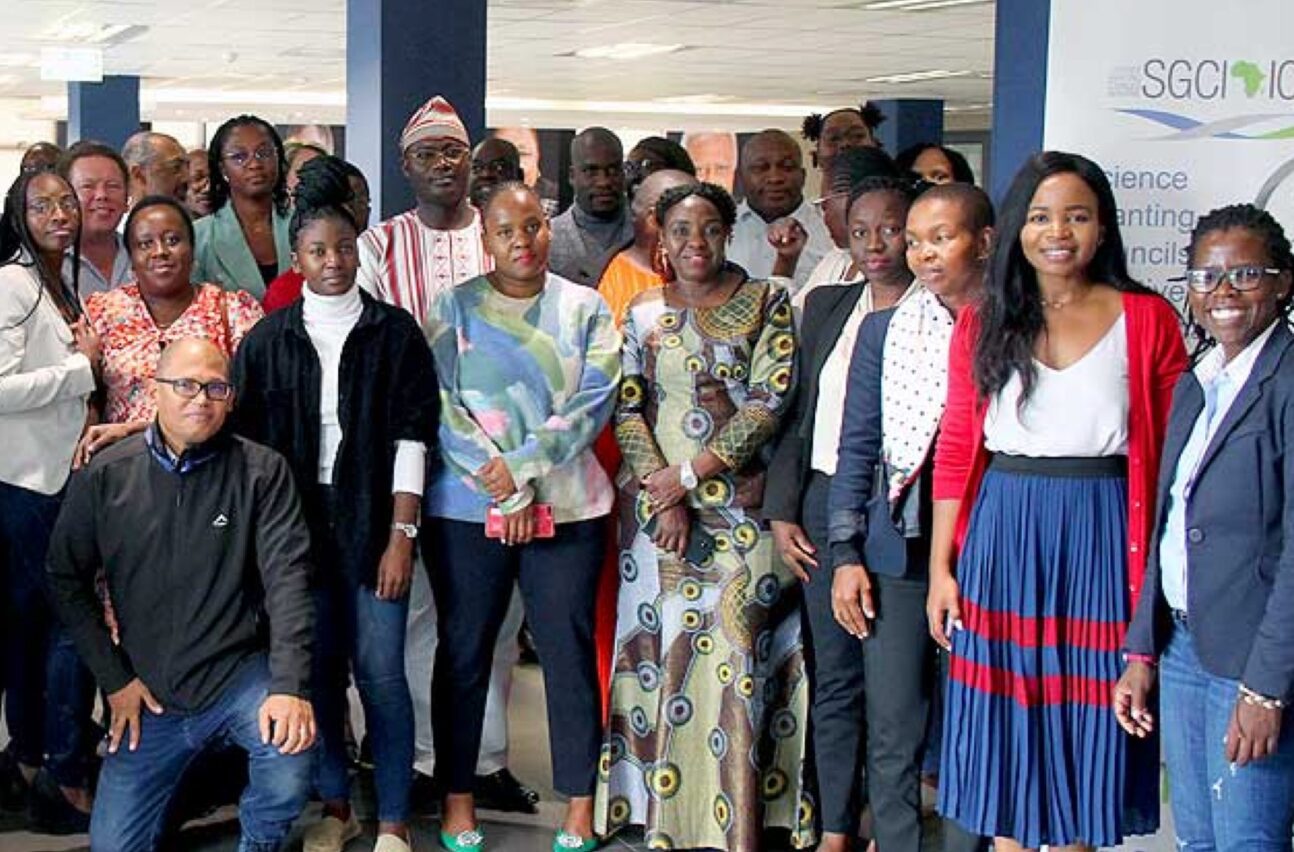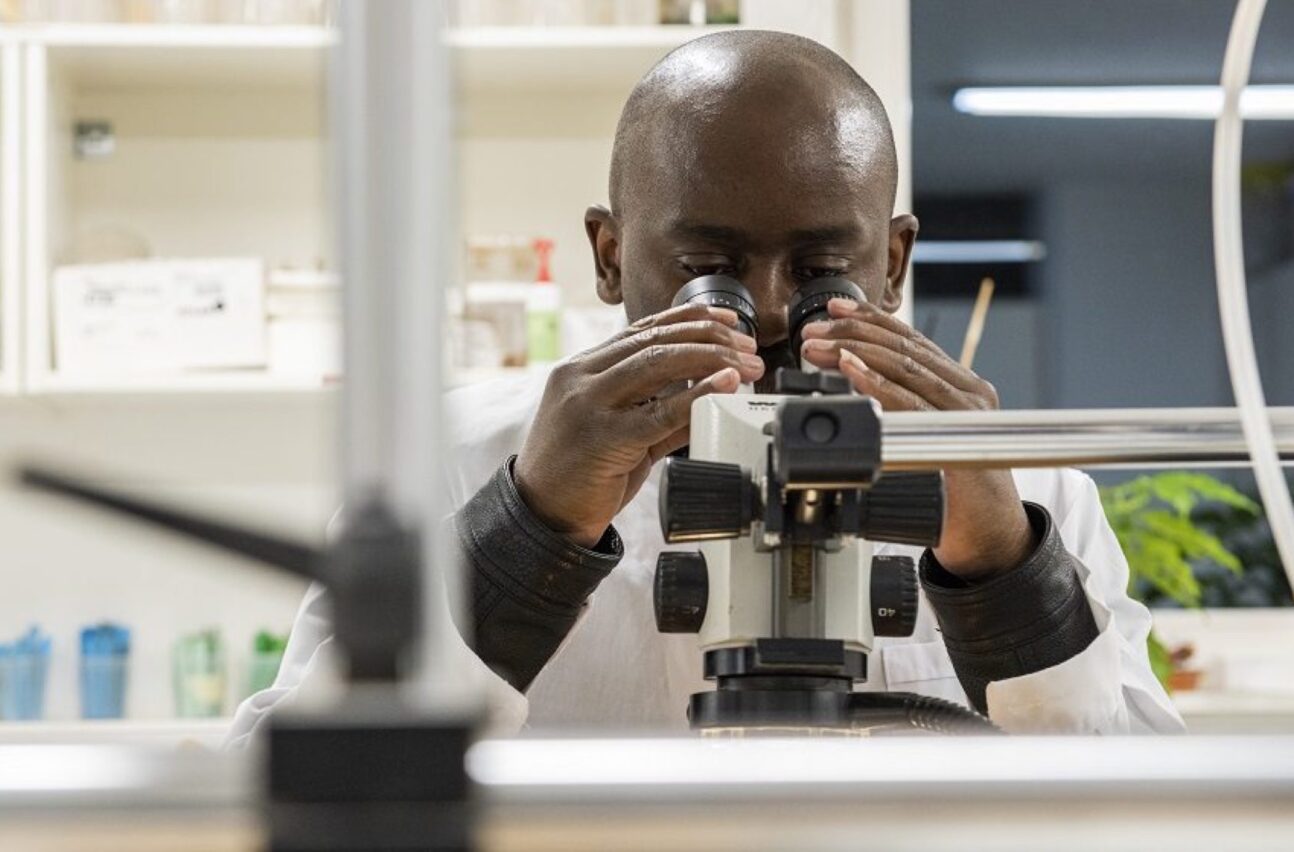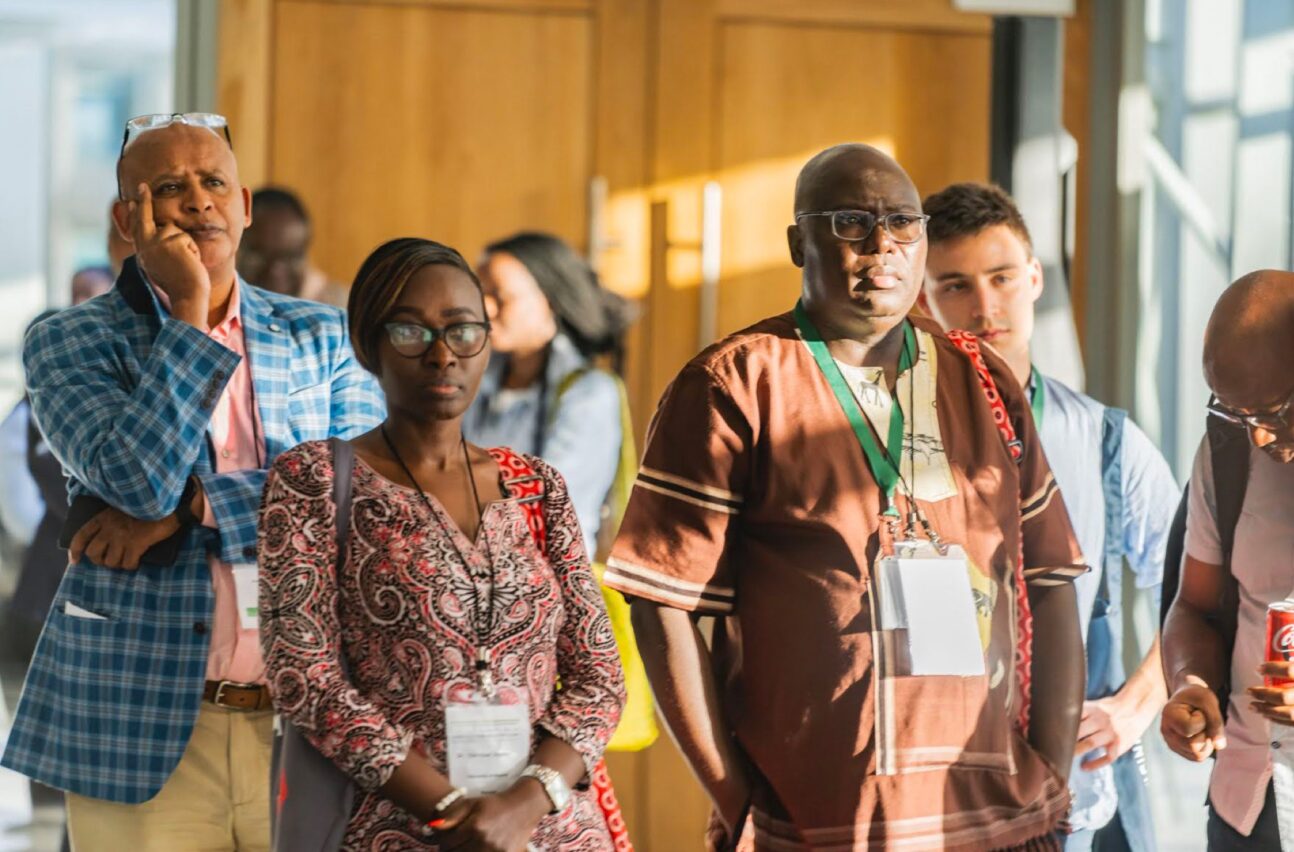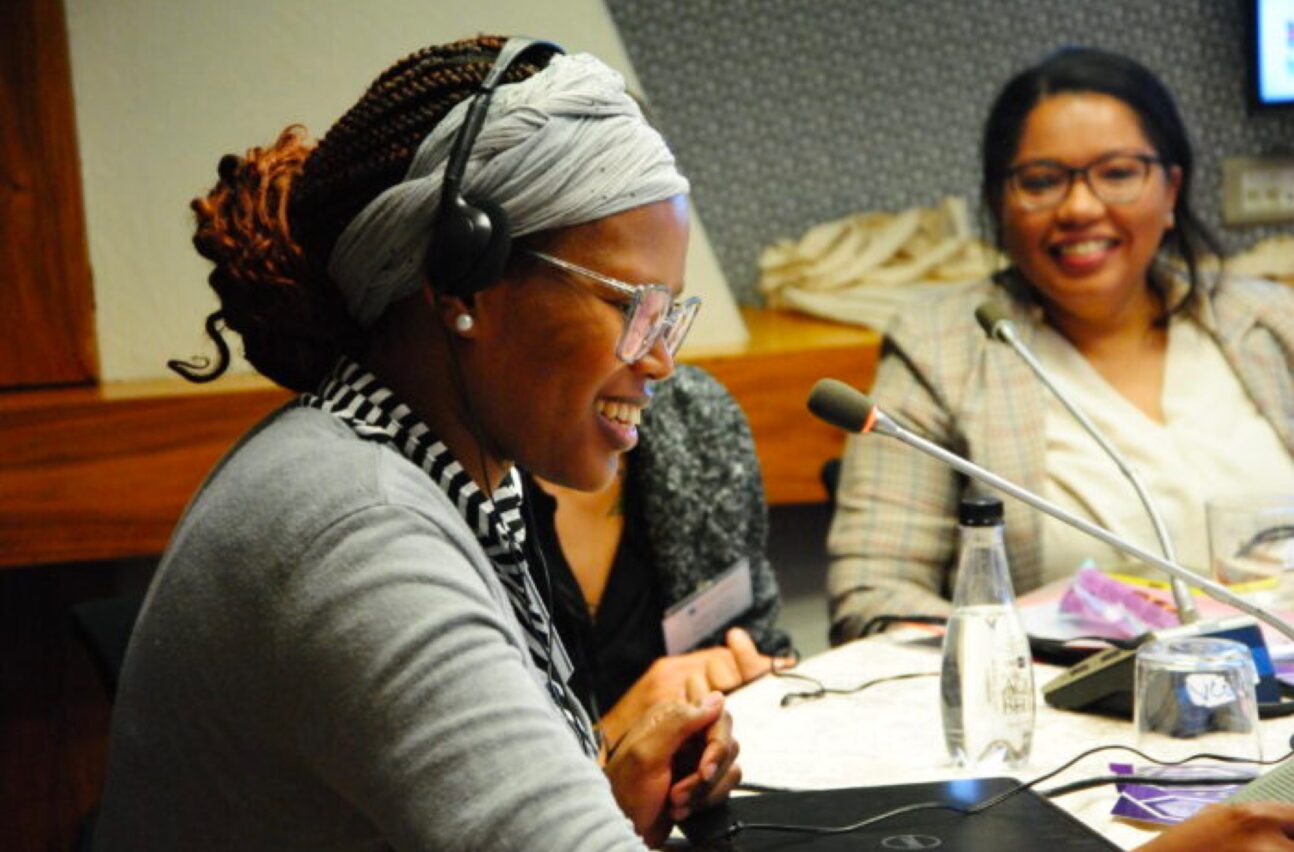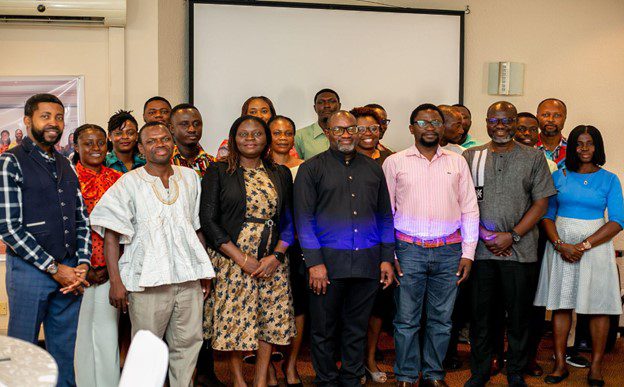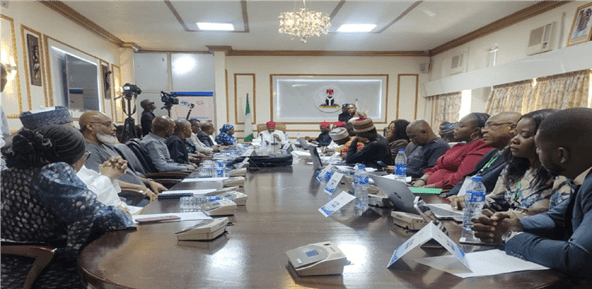Africa’s innovation potential is vast, yet the divide between research institutions and industry continues to hinder progress. A recent workshop hosted by The Scinnovent Centre and partners tackled this challenge…
Africa’s innovation potential is vast, yet the divide between research institutions and industry continues to hinder progress. A recent workshop hosted by The Scinnovent Centre and partners tackled this challenge head-on, offering practical insights and recommendations to foster stronger, more sustainable collaborations.
Key Challenges Identified with Research-Industry Collaboration
The workshop highlighted several persistent barriers:
- Limited private sector investment in research due to low returns on public-good knowledge.
- Weak linkages between academia and industry, compounded by differing organizational cultures.
- Information asymmetry, where stakeholders lack equal access to relevant data.
- Insufficient commercialization infrastructure, including technology transfer offices and innovation hubs.
Promising Models and Case Studies
Participants explored successful initiatives across the continent:
- South Africa’s Technology Innovation Agency (TIA) provides funding, infrastructure, and skills development.
- Ghana’s CSIR institutes are commercializing products like mineral water and cement, despite initial legal constraints.
- Botswana’s Innovation Hub supports local entrepreneurs, including inclusive programs like “girls-only spaces” and childcare services.
These examples underscore the importance of tailored approaches, from joint ventures to mentorship and incubation.
Recommendations for Action
To bridge the research–industry collaboration gap, the workshop proposed:
- Creating dialogue platforms like Rwanda’s Knowledge Transfer Partnership to connect academia and business.
- Innovative funding mechanisms, such as input vouchers inspired by Malawi’s Farm Input Subsidy Programme.
- Strengthening IP policies and commercialization strategies within research institutions.
- Supporting cross-country collaborations, such as the Oliver Tambo Research Exchange between Kenya and South Africa.
A Call to Move from Talk to Action
As emphasized by speakers like Tsepo Hachigonta of NRF, the time for discussion has passed. Africa must now implement localized, practical solutions that benefit not only funders and universities but society at large.
Themes
The SGCI aims to strengthen the capacities of these SGCs to support research and evidence-based policies that will contribute to economic and social development.
